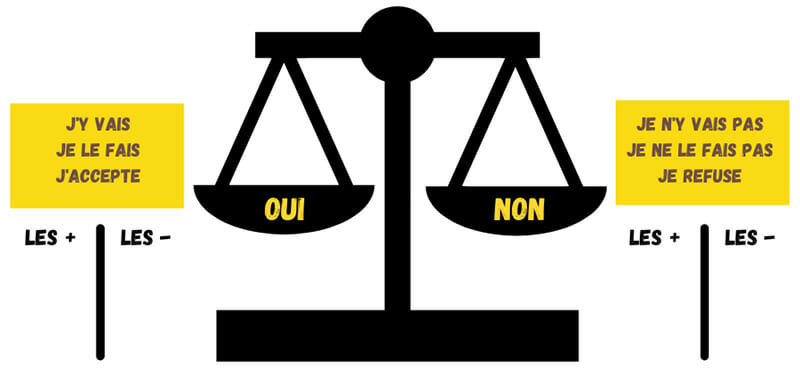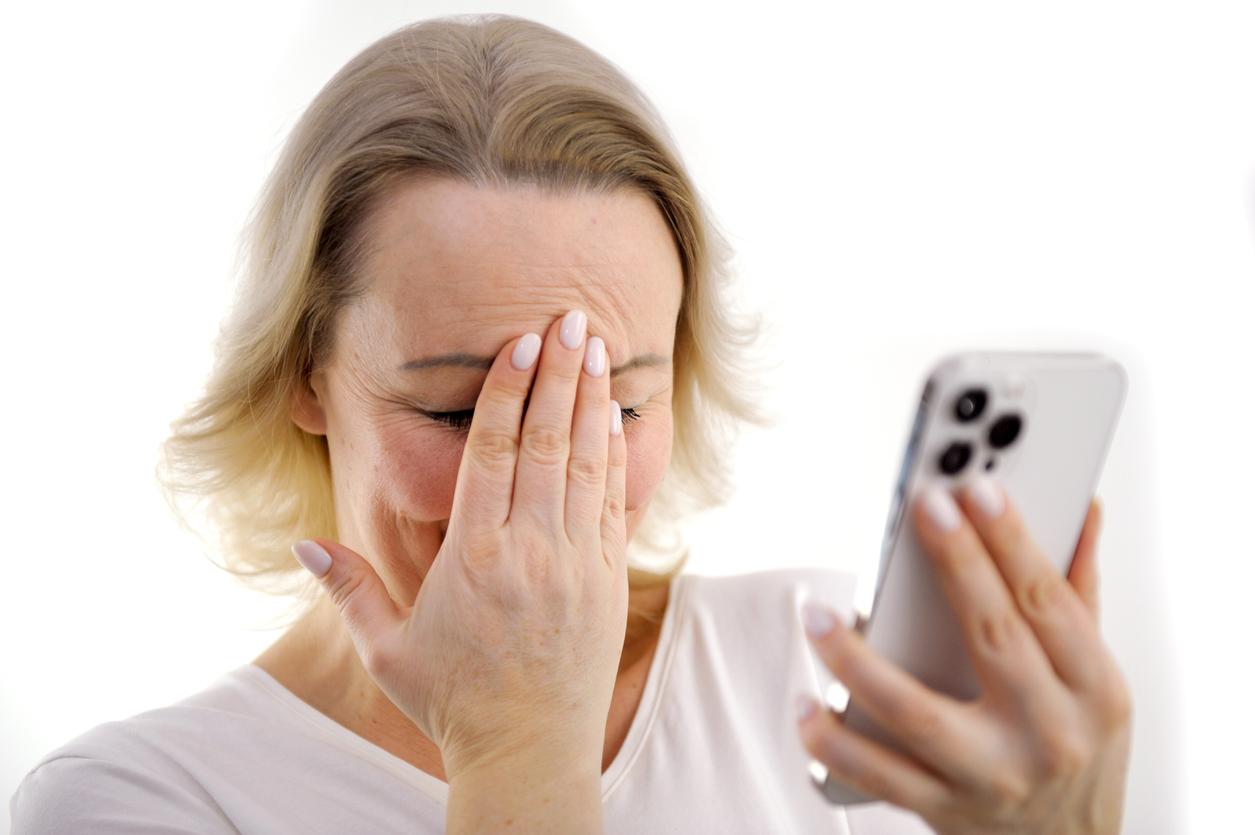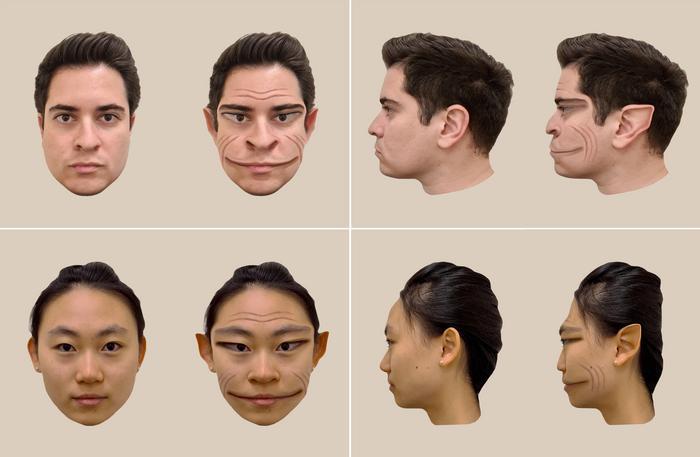
November 4, 2016.
This is information that turns the theory of the placebo effect upside down: Portuguese doctors have shown that these bogus treatments retain their effectiveness, even if the patient is aware that he is taking a tablet without any therapeutic effect.
A scientific experiment
To test their hypothesis, the researchers divided 97 patients with chronic low back pain, a disease characterized by acute pain, into two groups. Both were given explanations of the placebo effect, after which the first group was given the same treatments as usual, while the second received tablets stamped “placebo” and was not allowed. to take actual treatments.
Three weeks later, 30% of patients said their average and maximum pain had worsened, while in the group taking usual treatments, only 9% saw a decrease in average pain and 16% said their maximum pain had worsened.
Immersion in the environment
According to Dr. Ted Kaptchuk, who led the team of researchers, the reason for this astonishing observation lies in the patient’s immersion in the hospital environment: the fact of seeing his doctor regularly, of taking tablets or of seeing different scrolls. symbols of the modern healthcare system, all of this influences the subconscious of patients.
For a generalization of placebos
Even if the placebo cannot be a treatment for all diseases, this experience demonstrates its effectiveness for situations where the patient’s perception of his condition comes into play. Empathy and human warmth are also mandatory ingredients in a placebo treatment.
The placebo effect consists in administering to the patient a treatment without therapeutic virtue, but presented to the patient as beneficial. Having prepared psychologically to get better by following this treatment, the patient actually perceives his condition as improving. Doctor Kaptchuk even considers that medicine should use placebos more often, before resorting to real treatments, the latter being able to be source of harmful side effects in certain cases.















